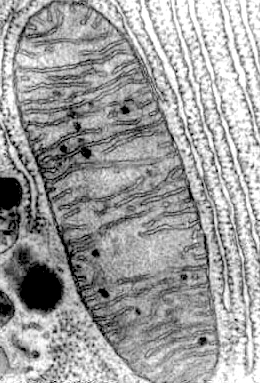Mitochondrial donation backed
 Parliament has voted to legalise mitochondrial donation, allowing women to give birth without passing on a genetic disease.
Parliament has voted to legalise mitochondrial donation, allowing women to give birth without passing on a genetic disease.
The technique was legalised in the first conscience vote since same-sex marriage in 2017. The legislation, known as Maeve’s law, will legalise partial DNA donations, amending the Prohibition of Human Cloning for Reproduction Act 2002 (Cth), and the Research Involving Human Embryos Act 2002 (Cth).
Mitochondrial disorders are incredibly serious, and it is expected that Maeve’s Law will provide an important opportunity to support the thousands of Australians that face the diseases, or may potentially pass them on to their children.
From an ethical perspective, academic biomedical ethics groups have supported mitochondrial donation if it is made available in a targeted, carefully regulated manner.
The technology has been ethically contentious because it crosses a previously firm line preventing transfer of one individual’s DNA to another. However, many consider that the benefit to the child and family outweighs that.
Professor David Thorburn - co-Group Leader of Brain & Mitchondrial Research at the Murdoch Children's Research Institute - says it is a positive move.
“I’ve been working in this field for more than 30 years and believe that most clinical and research experts in the mitochondrial disease field regard the science of mitochondrial donation as being at a stage where undertaking clinical research is an appropriate next step,” he said.
“Understandably, there are ethical considerations for a law such as this. It is important that we are incredibly respectful of these concerns.
“What is quite heartening, and that all sides of politics can take credit for, is the significant, extensive, and respectful consultation and review that has taken place for Maeve’s Law.
“This nearly 5-year process has been exhaustive and, if approved, will lead us now to a careful, staged introduction of mitochondrial donation in the form of a clinical trial before entering clinical practice.
“Australia has a long, world-leading history in relation to IVF and assisted fertility treatment. We also have strong, trusted regulatory and health systems supporting assisted fertility treatment in both clinical research and practice.
“The introduction of a carefully designed regulatory and licensing system in Australia – as prescribed in Maeve’s Law – will ensure that Australia’s expertise in this area continues, while granting Australian families access to mitochondrial donation and their children to appropriate health monitoring, which might otherwise not be available.”








 Print
Print